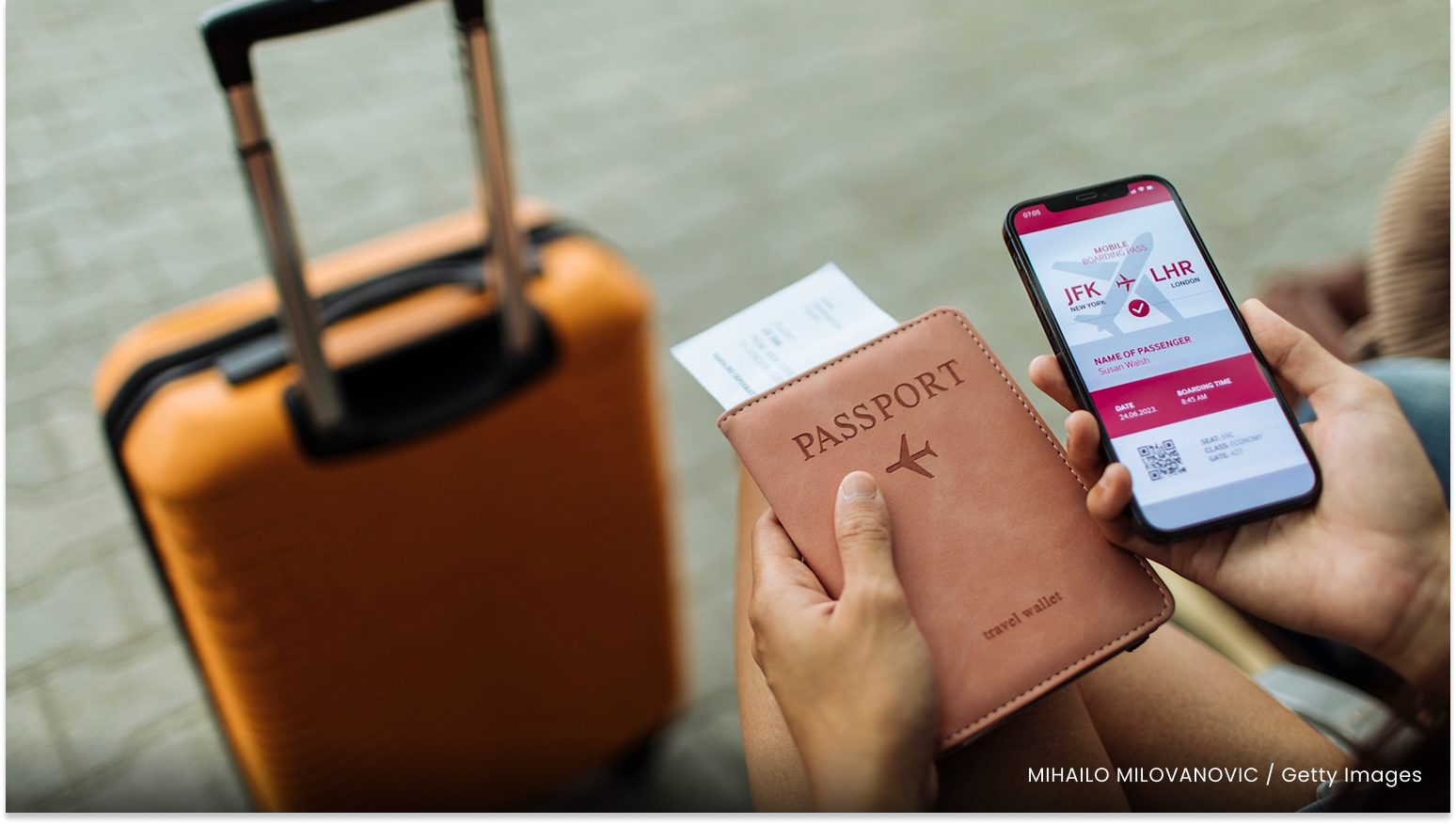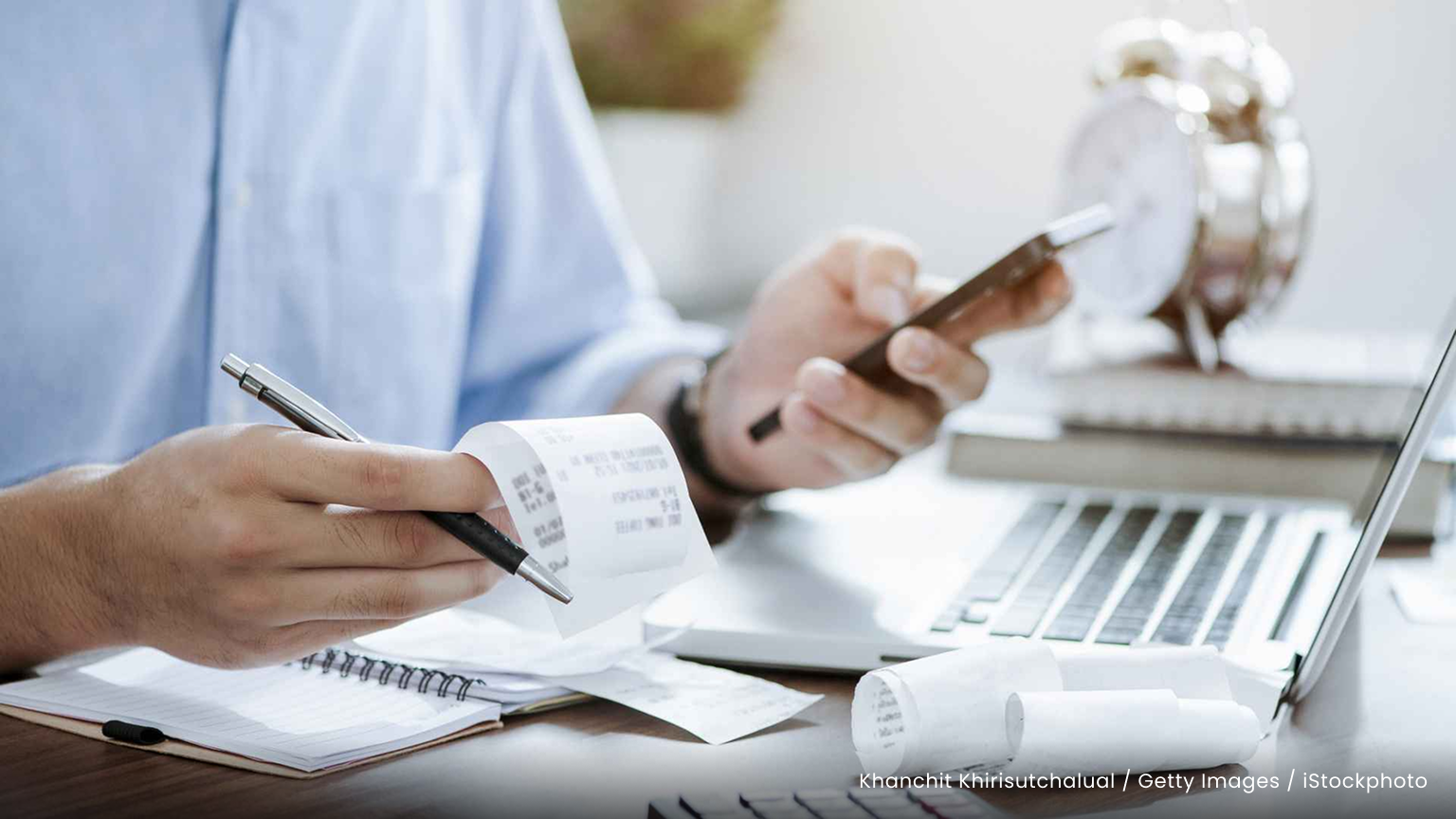7 Credit Card Benefits That Can Help You During a Financial Emergency

Over one in five Americans has no emergency savings, according to Empower research, leaving them vulnerable to unexpected financial events. If you’re in this group or otherwise short on emergency funds, a credit card could — believe it or not — provide some relief.
Find Out: Best Low APR Credit Cards
Discover: Ways To Elevate Your Summer Travel Adventures
Top credit cards across multiple categories have features that can bridge paycheck gaps, provide interest-free loans, recoup lost funds or simply make money management easier. Here are seven credit card benefits that can help you during a financial emergency.

400+ Credit Cards
Analyzed independently across 50+ data points in 30+ product categories

Reviewed
By a team of credit card experts with an average of 9+ years of experience

Trusted by
More than one million monthly readers seeking unbiased credit card guidance
CardCritics™ editorial team is dedicated to providing unbiased credit card reviews, advice and comprehensive comparisons. Our team of credit card experts uses rigorous data-driven methodologies to evaluate every card feature, fee structure and rewards program. In most instances, our experts are longtime members or holders of the very programs and cards they review, so they have firsthand experience maximizing them. We maintain complete editorial independence — our ratings and recommendations are never influenced by advertiser relationships or affiliate partnerships. You can learn more about our editorial standards, transparent review process and how we make money to understand how we help you make informed financial decisions.
Your Grace Period
Most credit cards typically operate on a 30-day billing cycle and give you a 21- to 55-day grace period before interest accrues on purchases.
“Used strategically, this can function like a short-term, interest-free loan during an emergency,” said Michael Lane, vice president and consumer product manager at BOK Financial.
Keep in mind that you could lose your grace period if you don’t pay off purchases by their due date.
Introductory APR Offers
There’s an entire category of credit cards that lets you leverage a zero percent introductory annual percentage rate (APR) on purchases, balance transfers or both, for a set time period, usually between 12 and 24 months.
These offers “can be especially helpful if you’re managing a large expense and want to avoid interest for a limited period, as long as you pay the balance off before the promotional window ends,” Lane said.
They’re also helpful if you’re overwhelmed by high-interest credit card debt. However, you’ll usually pay a 3% to 5% fee to transfer any balance, and the same rule — aim to pay off debts before the promotional period expires — applies.
Buy Now, Pay Later Plans
Some issuers offer Buy Now, Pay Later (BNPL) programs that let existing cardholders split large purchases into equal monthly installment payments. This option usually — though not always — lets you swap the high interest you’d pay on a revolving balance for a relatively low monthly fee.
That fee is usually based on the original purchase amount and the loan’s duration. For instance, you might pay a 1.7% fee on a $400 emergency purchase over four months, equaling a total of $27.20 for the financing.
If available, you can set up a BNPL plan through your issuer’s app or online credit card account. Read the fine print to understand the repayment terms and determine if it’s a truly beneficial option.
Cash Advances
If you’re in dire need of fast, hard cash, most credit cards let you borrow against your credit limit. This feature, known as a cash advance, is rather expensive. You can expect a transaction fee of 3% to 5% and an APR of nearly 30% on the balance.
Additionally, cash advances usually don’t come with a grace period, so consider them an option of last resort.
No matter what credit card financing feature you tap, “make sure you’re budgeting for repayment,” Lane said. “Emergency use should be temporary, not a recurring solution.”
Fraud and Price Protections
Thanks largely to federal law, credit cards carry stronger fraud protections than debit cards. And, beyond zero-liability policies, issuers often offer price protections, such as purchase insurance and extended warranties, usually as part of a credit card rewards suite.
These features can provide some much-needed relief in scam-related emergencies as they could enable you to recoup lost funds or reverse fraudulent charges.
A credit card can also prevent a bad financial situation from worsening, as many issuers provide emergency card replacement, fraud monitoring and account activity alerts.
Travel Insurance
Top travel credit cards offer additional benefits that can be particularly helpful in an emergency.
“Trip interruption insurance can reimburse costs if you need to cut a vacation short during a crisis, and emergency travel assistance can help with last-minute bookings or hotel arrangements if you’re in a pinch,” said Liam Hunt, director of research at Income Insider.
Some issuers also offer emergency cash wires if your wallet is stolen or you’re otherwise financially stranded abroad.
Money Management Tools and Alerts
A good credit card can also help you recover from a financial emergency. For instance, some issuers offer free budgeting tools that utilize your card data to identify harmful spending patterns or help you progress toward specific goals. Sometimes, you can link these tools to other bank accounts to get a more holistic view of your finances.
Many cards also provide free access to your credit score, alongside summaries of your credit report, to help you identify issues and improve your creditworthiness over time.
Finally, account activity alerts can notify you when you’re nearing a payment due date, exceeding your credit limit or making an unusually large purchase.
More From CardCritics™













